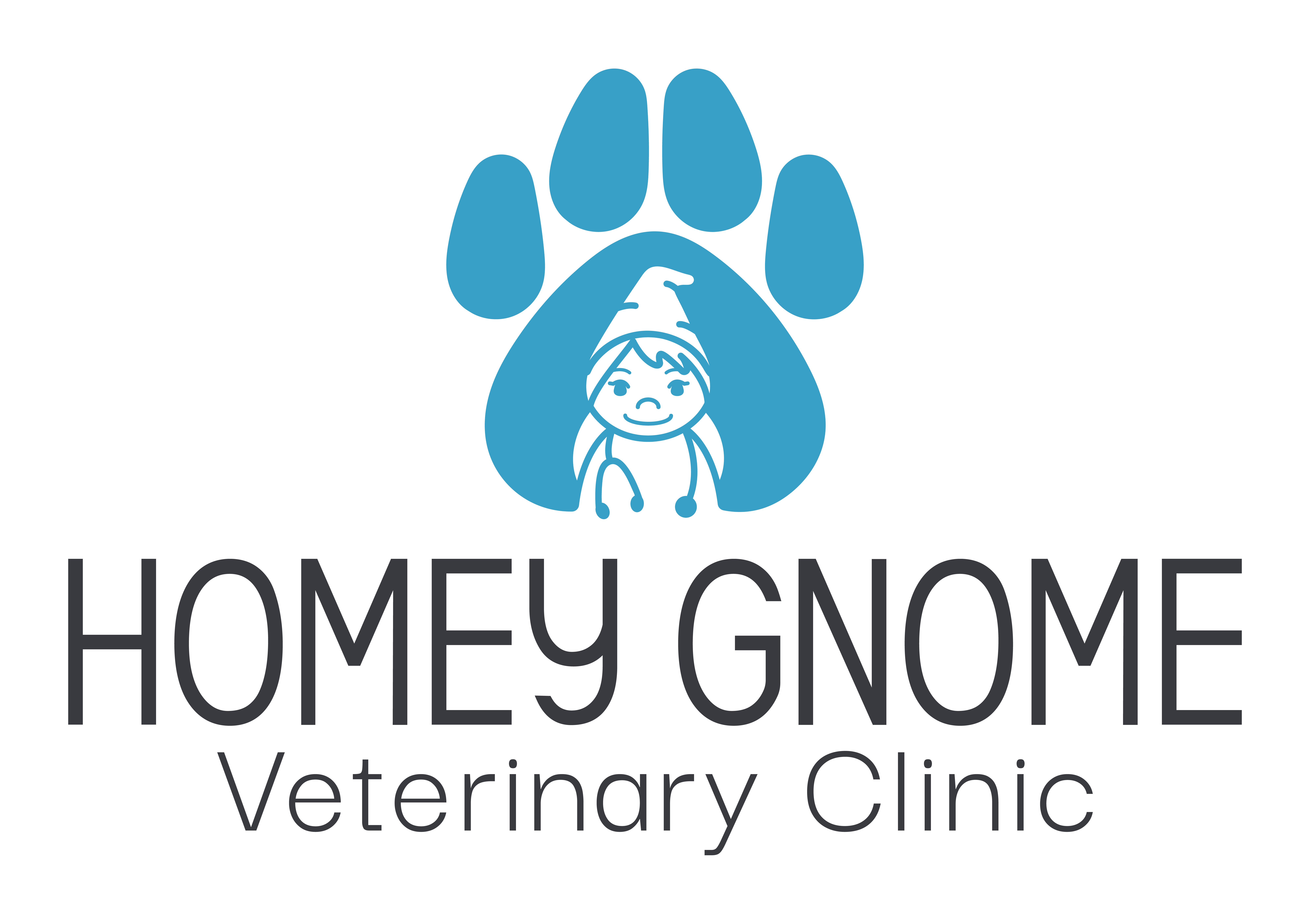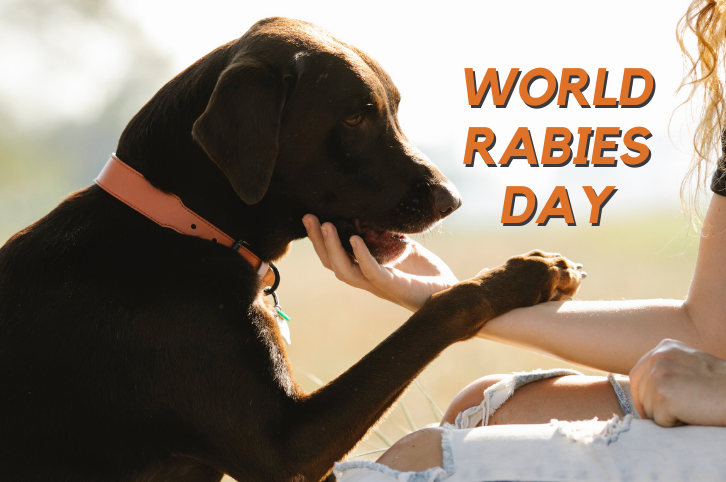September 28th is World Rabies Day! First started in 2007, World Rabies Day is designed to spread awareness and improve disease prevention worldwide. This year, our team at Homey Gnome Veterinary Clinic is celebrating by sharing some important facts about this devastating disease and how to protect your pet.
Here’s what you need to know!
What is Rabies
Rabies is a viral disease that affects humans and animals. When the virus enters the body, it attacks the nervous system and is secreted in the saliva. Because of this, most rabies cases are the result of a bite from an infected animal. The most common carriers of rabies in the United States include raccoons, foxes, coyotes, and bats. In other parts of the world, dogs are a common source of rabies infection in humans.
Once the virus enters the body, clinical symptoms typically appear within 10 days. Some symptoms include sudden behavior changes, excessive drooling, difficulty eating or drinking, paralysis, and seizures. Wild animals may display aggressive behavior or lose their natural fear of people. Unfortunately, there is no treatment for rabies once these symptoms appear and the condition is fatal. A rabies diagnosis can only be confirmed through microscopic evaluation of the brain after an animal is dead.
How to Protect Your Pet
While rabies infection is devastating, this disease is 100% preventable. Vaccines provide critical protection for your pets and can save their lives. Your pet should receive their first rabies vaccination at approximately 16 weeks of age. After this initial dose, they will need additional boosters every 1-3 years to ensure they are protected.
In Minnesota, rabies vaccination requirements are left up to individual municipalities and counties. While it is important to know the requirements in your area, we recommend that all animals are vaccinated.
In addition to vaccines, you can take some additional precautions to reduce your pet’s risk of exposure. Avoid letting your pets roam freely, and ensure they are supervised when playing outdoors. If you notice wildlife in your area acting strangely, maintain a safe distance and report your finding to local animal control.
What to Do if Your Pet is Exposed
If your pet is bitten or scratched by a wild or rabid animal, there are some essential steps you will need to take. First, give us a call immediately. If your dog is current on their rabies vaccine, they will need to be revaccinated and monitored for ten days.
Unfortunately, if your pet is not vaccinated, their risk of disease and danger to others is very high. Because of this, the Minnesota Board of Animal Health requires non-vaccinated domestic animals to be placed under a 45-180 day quarantine. You’ll also want to contact your physician and the Minnesota Department of Health if you believe you’ve been exposed.
Final Thoughts
Rabies is a devastating virus that can affect both you and your pet. At Homey Gnome Veterinary Clinic, we are here to help your pets remain safe and disease free.
If you have questions about rabies vaccination or need to schedule an appointment for your pet, please give us a call at 651-202-3388. We hope you’ll take some time to share this information and help us celebrate World Rabies Day.
Image credit: Pexels


